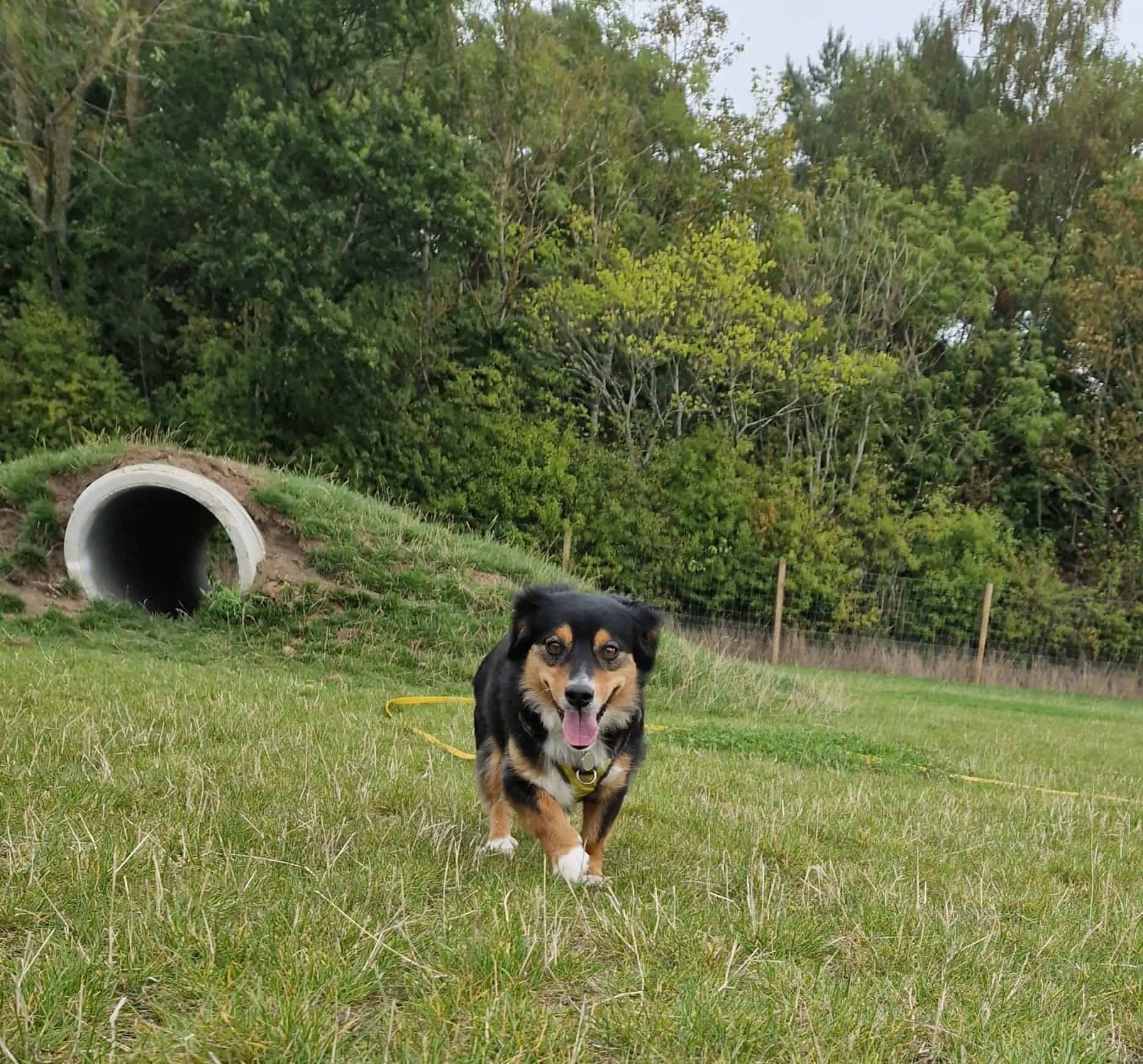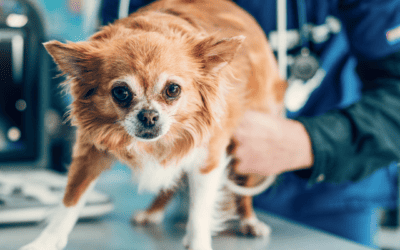As an Edinburgh-based canine behaviourist, and a specialist in foreign rescue dogs, the question “Why are Romanian dogs different?” is one I encounter almost daily. While every canine is a unique individual, there are undeniably distinct factors that shape the behaviour of dogs arriving from countries like Romania. It’s not about them being ‘broken’ or ‘bad’; it’s about their unique life experiences prior to adoption, and understanding these formative years is paramount to helping them thrive in a UK home.

The Landscape of Their Lives: From Street to Sofa
To truly grasp the behavioural nuances of Romanian dogs, we must first appreciate the stark contrast between their origins and the domestic lives of most UK-bred canines. A significant proportion of Romanian rescues have spent their formative years, or even their entire lives, as street or ‘community’ dogs. This is a crucial distinction that profoundly impacts their development and subsequent behaviour.
Their early lives were not characterised by predictable mealtimes, regular veterinary care, gentle socialisation classes, or the comfort of a soft bed. Instead, they navigated a challenging and often dangerous world, driven by primal survival instincts. As outlined by the Royal Society for the Prevention of Public Health (RSPH) in their work on animal welfare, the environment a canine is raised in fundamentally shapes their cognitive development and coping mechanisms. For street dogs, learning revolves around immediate needs: finding scarce food, avoiding perceived threats (which often include humans), and managing complex, often competitive, interactions with other canines in an unforgiving urban or rural landscape. This constant struggle for survival embeds a distinct worldview, shaping their behaviour in profound ways once they transition into a domestic setting.
Key Behavioural Traits and Their Deep-Rooted Origins
When a Romanian dog arrives in a UK home, certain behavioural patterns frequently emerge. These are not arbitrary quirks; they are direct, logical adaptations to their past and crucial for their survival in their former lives.
- Fear and Hyper-vigilance: The Survival Instinct of Constant Alert. This is arguably the most common and challenging trait. A life on the streets necessitates constant, intense awareness of surroundings. Every new sound, sight, or smell could represent a potential threat (a dangerous human, a rival dog, a fast-moving vehicle) or a rare opportunity (a discarded food scrap). This often translates to a heightened state of alert, or hyper-vigilance, in a quiet domestic environment. Loud noises like a delivery van, the sudden whir of a vacuum cleaner, or even the unexpected ding of a microwave can trigger an intense fear response, far beyond what a conventionally raised canine might experience. As Dr. Franklin McMillan, a leading veterinary specialist in animal behaviour, has extensively documented, chronic stress and fear experienced in early life can lead to lasting neurobiological changes in a canine’s brain, impacting their threshold for fear and their overall ability to cope with novelty and change throughout their lives (McMillan, 2005). This is not a choice; it’s a deeply ingrained physiological and psychological response.
- Resource Guarding: A Legacy of Scarcity. For canines who have lived with chronic food insecurity and had to compete fiercely for safe resting places, guarding their high-value resources is a deeply ingrained, natural survival instinct. This can manifest as growling, snapping, or aggressively posturing over food bowls, cherished toys, stolen household items, or even their chosen sleeping spot. It’s crucial to understand that this is not aggression in the typical sense; it’s a learned protective mechanism that served them incredibly well when survival depended on it. As the Animal Behaviour and Training Council (ABTC) regularly emphasises, managing resource guarding requires a nuanced approach, focusing on building trust and demonstrating abundance through positive reinforcement, such as the ‘exchange game’, where a canine learns that a human approaching their resource means something even better is coming.
- Lack of Socialisation and Impaired Communication Skills: While street dogs undoubtedly interact with other canines, their social dynamics are vastly different from those learned in a controlled, safe domestic setting. They often lack exposure to the wide variety of people (men, women, children, people with hats or glasses), sounds (traffic, city noise, household appliances), and objects (stairs, reflective surfaces, leads, collars) during critical developmental periods. This can lead to either extreme avoidance behaviours (cowering, freezing, fleeing) or, in some cases, an inability to accurately ‘read’ human social cues, leading to miscommunication. Furthermore, their interactions with other dogs on the street were often about establishing hierarchy, defending territory, or avoiding conflict over limited resources, rather than engaging in the nuanced, playful socialisation typical of well-adjusted companion dogs. This can impact their ability to communicate effectively and play appropriately with other canines in a domestic environment.
- Novelty and the Challenge of New Environments: Everything in a new UK home is novel to a Romanian rescue: the feeling of soft carpet underfoot versus rough concrete, the slickness of polished floors, the transparency of glass doors, the confinement of a lead and collar, the strange sensation of car travel, and the bewildering array of household appliances. What we perceive as normal, they perceive as alien and potentially threatening. Building confidence in these canines requires an incredibly slow, systematic process of positive exposure and gradual desensitisation, rather than overwhelming them with too much too soon.
My Approach as an Edinburgh Specialist
As an Edinburgh-based specialist in foreign rescue dogs, my approach is always rooted in profound empathy, scientific understanding, and a commitment to force-free methodologies. Recognising these foundational differences is not about labelling a canine as ‘problematic’; it’s about understanding their unique needs and adapting our training and management strategies accordingly.
- Patience is Paramount: Their learning curve will inevitably be different. What might take a UK-bred canine a week to grasp could take a Romanian rescue a month, or even longer, due to their need to unlearn old survival behaviours and build new neural pathways for safety and trust. Progress will be incremental, and every small step forward is a victory to celebrate.
- Positive Reinforcement is Non-Negotiable: For canines with a history of fear, neglect, or trauma, force-based methods (e.g., leash jerks, punishment, confrontational training) are not only ineffective but can severely damage the fragile trust bond and exacerbate behavioural issues, potentially leading to aggression born out of fear. Reward-based training, focusing on making desired behaviours inherently enriching and safe for the canine, is the only ethical and scientifically endorsed path forward, as strongly recommended by all leading professional bodies like the Association of Pet Dog Trainers (APDT UK) and The Canine Behaviour & Training Society (TCBTS).
- Environment Matters: Creating a Sanctuary: Providing a predictable, safe, and low-stress environment is fundamental. This means establishing a secure ‘den’ or safe space (like a crate or a quiet room) where they can retreat and be undisturbed, adhering to consistent routines for feeding and toileting, and carefully managing their exposure to potentially overwhelming stimuli. Their home needs to be a place where they feel utterly safe from the perceived dangers of their past.
Bringing a Romanian rescue canine into your home is an incredibly rewarding experience. They are testaments to resilience, remarkably adaptable, and capable of forming profoundly deep, loyal bonds. However, their ‘differences’ are real, shaped by a life unimaginable to many of us. By understanding their past, embracing patience, and committing to kind, science-led methods, we can provide them with the compassionate and informed support they need to not just survive, but truly thrive, transforming street survivors into cherished, confident, and beloved family companions.
If you’re considering adopting, or already have, a foreign rescue and need guidance, please reach out to me for a chat. Book a FREE call HERE or email me Contact@edinburghholisticdogs.co.uk To learn more about my 121 Behaviour and Wellbeing Programme for Rescue Dogs CLICK HERE.
Take care
Suzanne






